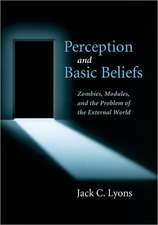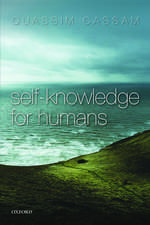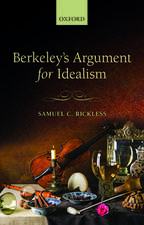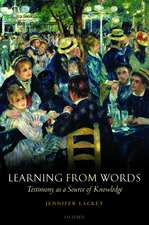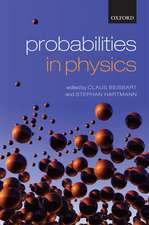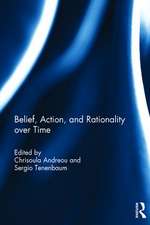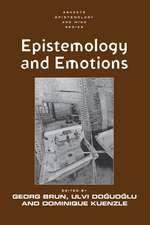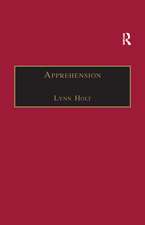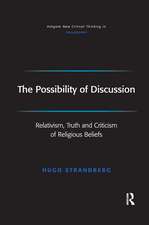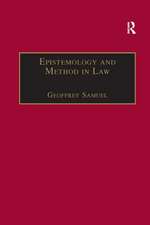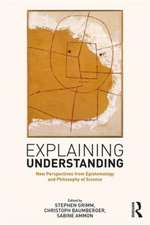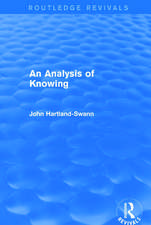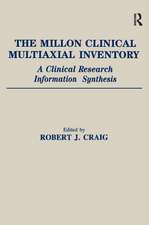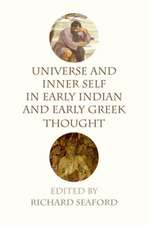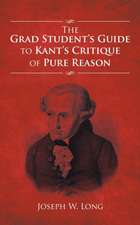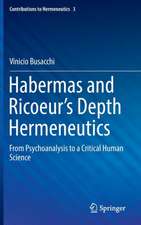Disagreement, Deference, and Religious Commitment
Autor John Pittarden Limba Engleză Hardback – 15 noi 2019
| Toate formatele și edițiile | Preț | Express |
|---|---|---|
| Paperback (1) | 137.61 lei 10-17 zile | +48.04 lei 6-12 zile |
| Oxford University Press – feb 2024 | 137.61 lei 10-17 zile | +48.04 lei 6-12 zile |
| Hardback (1) | 495.52 lei 10-17 zile | |
| Oxford University Press – 15 noi 2019 | 495.52 lei 10-17 zile |
Preț: 495.52 lei
Preț vechi: 643.42 lei
-23% Nou
Puncte Express: 743
Preț estimativ în valută:
94.82€ • 99.35$ • 78.38£
94.82€ • 99.35$ • 78.38£
Carte disponibilă
Livrare economică 10-17 martie
Preluare comenzi: 021 569.72.76
Specificații
ISBN-13: 9780190051815
ISBN-10: 0190051817
Pagini: 360
Dimensiuni: 239 x 155 x 10 mm
Greutate: 1.02 kg
Editura: Oxford University Press
Colecția OUP USA
Locul publicării:New York, United States
ISBN-10: 0190051817
Pagini: 360
Dimensiuni: 239 x 155 x 10 mm
Greutate: 1.02 kg
Editura: Oxford University Press
Colecția OUP USA
Locul publicării:New York, United States
Recenzii
...the depth and scope of the book's many arguments facilitate a fecund account that clarifies central issues for future disagreements about religious disagreement. It is essential reading for scholars of disagreement and religion alike.
Pittard's book is a valuable contribution to the large and growing body of literature regarding agreement and disagreement. It is the most complete and detailed account of how and why to resist strong conciliationism. Most convincing, to my mind, is the role that rational insight can play in a full account of the matter, and Pittard's account of this role will be part of must-read literature for any future discussions of these issues.
To say that this is a book in religious epistemology is slightly misleading. For this book is, I think, required reading for any epistemologist working on disagreement. Likewise, given the sceptical threat to religious belief posed by conciliationism I also think that this book is required reading for the philosopher of religion. To genuinely engage two subdisciplines in philosophy in one unified project is an impressive feat in itself. My sense is that Disagreement, Deference, and Religious Commitment is just the beginning for Pittard. I highly recommend it and I look forward to reading more of his work.
John Pittard's book focuses on religious commitment, but his volume is also an impressive examination of the broader epistemological issues in play. It is the most thorough scholarly treatment yet of how to think about the epistemology of disagreement as it applies to the rationality of religious belief in an increasingly pluralistic world. Readers who are less interested in the epistemology of religion will nevertheless be rewarded by Pittard's carefully developed insights on disagreement and its lessons for mainstream epistemology.
Pittard's book is a valuable contribution to the large and growing body of literature regarding agreement and disagreement. It is the most complete and detailed account of how and why to resist strong conciliationism. Most convincing, to my mind, is the role that rational insight can play in a full account of the matter, and Pittard's account of this role will be part of must-read literature for any future discussions of these issues.
To say that this is a book in religious epistemology is slightly misleading. For this book is, I think, required reading for any epistemologist working on disagreement. Likewise, given the sceptical threat to religious belief posed by conciliationism I also think that this book is required reading for the philosopher of religion. To genuinely engage two subdisciplines in philosophy in one unified project is an impressive feat in itself. My sense is that Disagreement, Deference, and Religious Commitment is just the beginning for Pittard. I highly recommend it and I look forward to reading more of his work.
John Pittard's book focuses on religious commitment, but his volume is also an impressive examination of the broader epistemological issues in play. It is the most thorough scholarly treatment yet of how to think about the epistemology of disagreement as it applies to the rationality of religious belief in an increasingly pluralistic world. Readers who are less interested in the epistemology of religion will nevertheless be rewarded by Pittard's carefully developed insights on disagreement and its lessons for mainstream epistemology.
Notă biografică
John Pittard is an Assistant Professor of Philosophy of Religion at Yale Divinity School, with a secondary appointment in the Yale Department of Philosophy. He received his Ph.D. from Yale, his M.Div. from Princeton Theological Seminary, and his A.B. from Harvard. He works in epistemology and the philosophy of religion.

